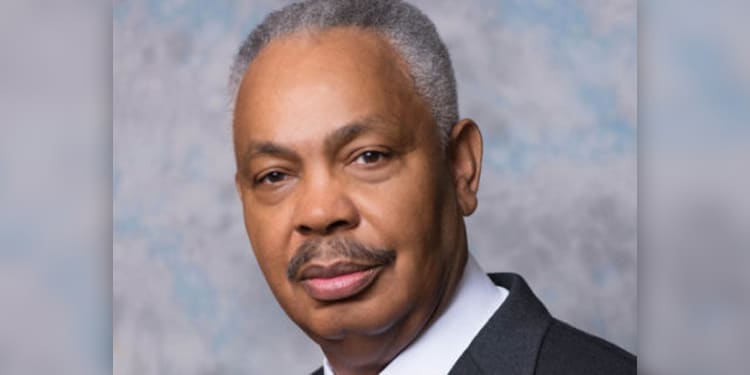Lorenzo Davis spent 23 years in the Chicago Police Department (CPD), retiring in 2004. Davis, besides police work, wanted to be a lawyer, and at the prime of his life, as a Sergeant, pursued and captured a law degree in 1991. Smart, ethical, and responsible, Davis found himself in command of a District at CPD. There are 25 districts, and Davis, being in command of one, had multiple responsibilities. In his career, he was also aware of certain law enforcement idioms, such as “awful but lawful,” “going along to get along,” and “team player.” But his moral compass directed him to look through a lens that was permeated with the philosophy of whether “it was right, it was fair, it was just.”
When friction arose with his immediate supervisor in 2004, Davis retired and began a solo law practice, while also teaching at a local college. During this period, Davis became curious about why there were so many officers involved shootings, and in 2008 applied to the Independent Police Review Authority (IPRA). He began as an Investigator and quickly became a Supervisor. The IPRA had replaced the Office of Professional Standards (OPS} which suffered from cronyism. OPS was in response to increasing allegations of police brutality, particularly in African-American communities, and IPRA continued the mission.
The IPRA contained 90 people who were split into teams to review allegations of police misconduct. Davis noticed that before IPRA, there had been over 400 police shootings, 70 people had been shot dead, and each determined “justified.” Davis felt that his work at IPRA was valuable, and he enjoyed his time there. Davis noted that police shootings were reflected in who held the position of Superintendent of Police, or Mayor. Davis gave an example of the policy concerning police shooting at fleeing vehicles. One administration would give the okay to shoot at fleeing cars, and another administration would say not to shoot. Davis opined that suspects would usually discard their weapon if pursued, so shooting at a vehicle seemed excessive in many incidents.
A new Chief Administrator, formerly from the Drug Enforcement Agency (DEA), was installed at IPRA in 2011. Davis had cases that were clearly “not justified,” sitting with the old Administrator. The new Administrator brought the cases back to Davis and advised him to change the four to six cases Davis had handled, from “not justified” to “justified.” Davis stated that some of the cases were “out and out” murder with documented investigations and videos. He felt that the important question he had to answer in these cases, “was it necessary to kill?”
After telling the Administrator he could not change the designation from “unjustified,” he was then ordered to change the designation. Davis refused, and retaliation began immediately, with investigators under him being taken away, and loss of communication from his superiors. Davis asked for four or five days off to think about what he needed to do, and the implications on his work.
During that crucial time off, Davis decided to do what “was right, fair, and just.” He felt that God had put him in the position at IPRA to bring about change. He subsequently advised the Administrator of IPRA that he could not change the conclusion on the reports. Like most whistleblowers, Davis was forced to leave. When questioned why he had not reported on police misconduct at CPD while employed there, Davis replied that he had never been in a position before IPRA to investigate and determine the misconduct of fellow officers.
Davis hired a good lawyer, which he advised is “really important.” After being rebuffed by the federal court system, he sought justice in state court, which allowed a jury trial.
In 2018, the jury ruled in his favor, awarding Davis $2.8 million for lost wages and other losses. The State has appealed, and currently, Davis has not collected one cent of his award. As happens with all whistleblowers, Davis has suffered. He has struggled with cancer while on the CPD and at IPRA. Davis thinks of what happened, and it gnaws at him. His spiritual life has improved, but it is stressful to think of being unable to work police misconduct cases. His team was disbanded, and he thinks about his experiences as a whistleblower “all the time.”
Davis wanted it known that he had great lawyers, a fantastic jury, and changes were made at the Chicago P.D. He would like to think that the transparency being demanded of police departments today had a start in his whistleblowing.
“Yes,” Davis said, “I would do it again.”
© 2020 Whistleblower Network News
